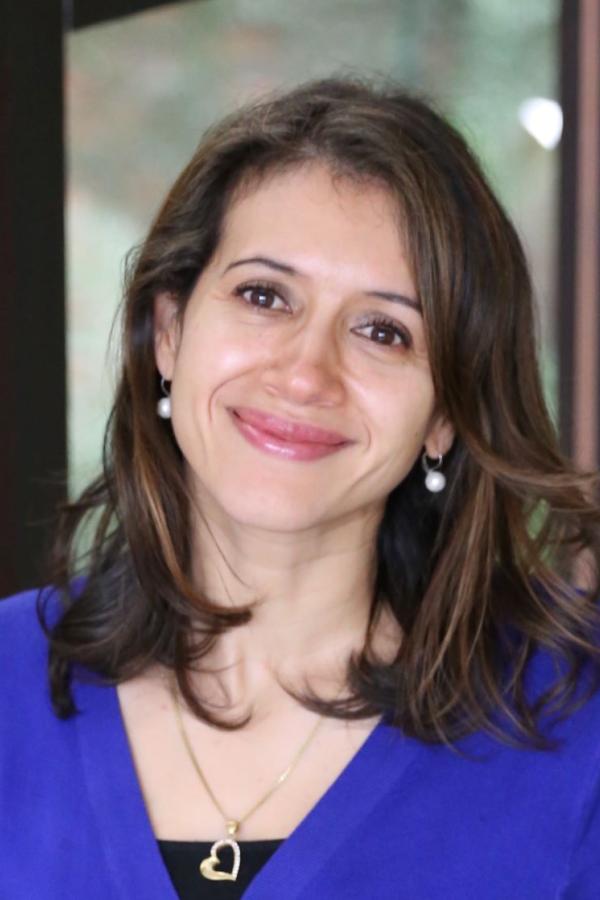
Dr. Amal Ibourk’s research encompasses three areas: (1) science learning, (2) science teaching, and (3) identity. Under the umbrella of science learning and teaching, she examines how these processes take place in classrooms and across different settings as students and teachers engage with three-dimensional science learning and learning technologies. Dr. Ibourk is particularly interested in how preservice and in-service teachers navigate their roles as science learners and educators, as well as how technology-enhanced instruction (e.g., using visualizations and simulations) can support their science learning and teaching.
In her research, she uses the lens of identity to examine how storied-identities—identities shaped by personal and professional narratives—inform preservice teachers’ development, learning to teach, and professional identity formation. Additionally, she explores how STEM identity influences students’ engagement and trajectories in science, technology, engineering, and mathematics (STEM) education.
Dr. Ibourk was awarded the prestigious NSF CAREER grant for her project on supporting elementary teachers in professional development to enhance their science teaching using community-based instructional practices. This project aims to strengthen teachers’ self-efficacy in science instruction, expand their science content knowledge, and explore how their professional identity as science educators develops over time. The project will implement an instructional model using the web-based inquiry science environment (WISE) as a tool to support preservice and in-service teachers in advancing their instructional practices. Data collected include pre- and post-assessments of teachers’ knowledge, interview data, and survey responses measuring aspects of teacher identity and instructional confidence. The findings will contribute to foundational knowledge on science education at the elementary level and inform instructional approaches in teacher preparation and professional development programs.
Dr. Ibourk was also selected for the competitive Early Career Research Fellowship Program with the Gulf Research Program (GRP) at the National Academy of Sciences, Engineering, and Medicine (NAS) for its 2024-2026 cohort of Early Career Research Fellows in the Education Track.
Press Release: Gulf Research Program Announcement
Dr. Ibourk earned her Ph.D. from Michigan State University. She teaches or has taught the following courses:
- SCE 4891: Introduction to the Nature of Science and Scientific Inquiry for Elementary Teachers
- SCE 4892: Problem-based Science Learning for Elementary Teachers
- EME 5050: Teaching and Technology
- SCE 6761: Identity and STEM Education
Dr. Ibourk has published several articles in journals such as the Journal of Research in Science Teaching, Science Education, International Journal of Science Education, Journal of Science Education and Technology, Research in Science and Technological Education, Cultural Studies of Science Education, as well as several book chapters.